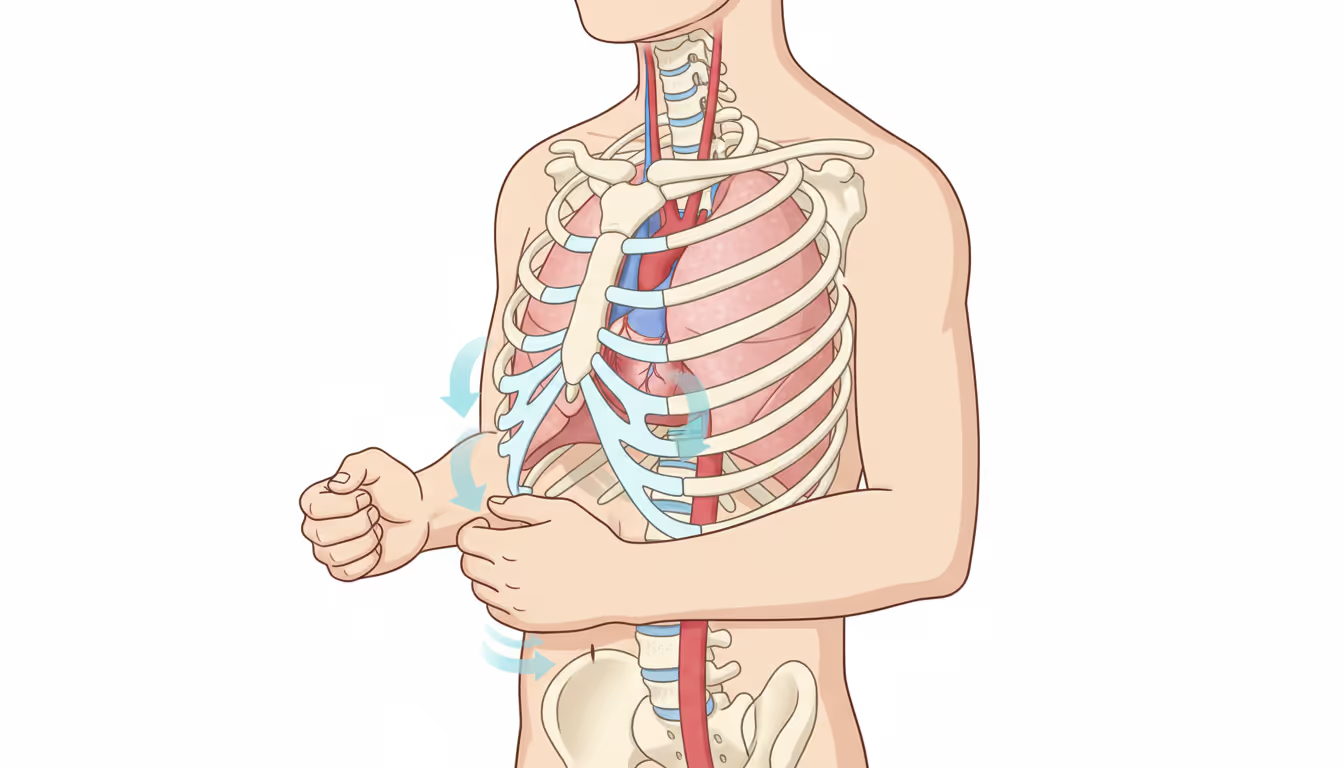
Artemisinin: Artemisia annua, commonly known as sweet wormwood or annual wormwood, is a herbaceous plant native to China, where it is referred to as qinghao. This plant is mentioned in the "Chinese Handbook of Prescriptions for Emergency Treatments," dating back to 340 AD, as a remedy for fevers. Artemisinin, pronounced ar-te-mis'-in-in with emphasis on 'mis,' was first extracted in 1965 by Chinese military scientists. It has been proven to be a fast-acting and powerful agent against malaria, including strains resistant to other drugs. It effectively reduces fever and lowers the parasite levels in the blood without notable side effects. Artemisinin-based combination therapies (ACTs) are now the global standard for treating malaria. To prevent resistance, artemisinin is used in combination with other drugs, such as lumefantrine (Benflumetol), which is sold under the names Coartem and Riamet. Additionally, artemisinin is being researched as a potential treatment for cancer and other parasitic infections. The discovery of artemisinin is even being considered for a Nobel Prize in Medicine.




